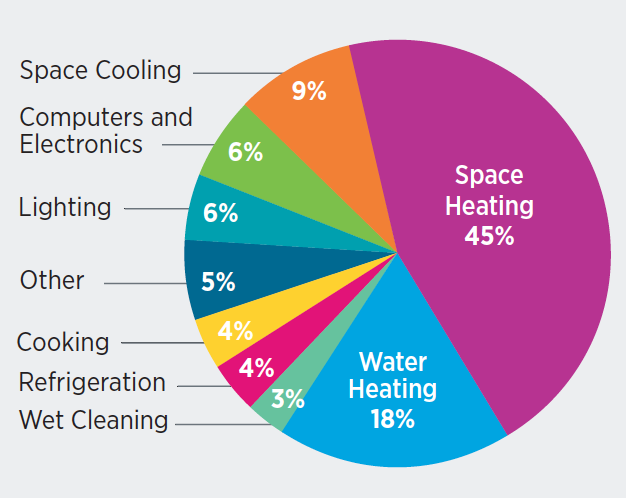
Maximizing HVAC Efficiency for Optimal Home Comfort
When it comes to maintaining a comfortable home environment, ensuring the efficiency of your HVAC (Heating, Ventilation, and Air Conditioning) system is crucial. An efficient HVAC system not only provides better comfort but also helps in reducing energy consumption and lowering utility bills. Let’s explore some key strategies to maximize HVAC efficiency and enhance your overall home comfort.
Regular Maintenance is Key
One of the most effective ways to ensure optimal HVAC performance is through regular maintenance. Schedule professional inspections and tune-ups at least twice a year. During these sessions, technicians can clean components, replace air filters, and identify potential issues before they escalate. Regular maintenance not only improves efficiency but also extends the lifespan of your HVAC system.
Upgrade to a Programmable Thermostat
A programmable thermostat allows you to set different temperature levels for various times of the day. This enables you to reduce energy consumption when the HVAC system doesn’t need to work as hard, such as when you’re away from home or while you’re sleeping. Upgrading to a programmable thermostat is a relatively simple and cost-effective way to enhance HVAC efficiency.
Seal and Insulate Your Home
A well-insulated and properly sealed home is essential for maintaining HVAC efficiency. Check for drafts around windows and doors and seal any gaps or cracks. Proper insulation in walls, attics, and crawl spaces helps to regulate indoor temperatures, reducing the workload on your HVAC system. This not only improves efficiency but also contributes to a more consistent and comfortable indoor climate.
Optimize Airflow in Your Home
Ensuring proper airflow is critical for maximizing HVAC efficiency. Clean and replace air filters regularly to prevent blockages that can hinder airflow. Arrange furniture and other obstacles to allow for unobstructed air circulation. Additionally, consider installing ceiling fans to help distribute air evenly throughout your home, reducing the strain on your HVAC system.
Invest in Energy-Efficient HVAC Equipment
If your current HVAC system is outdated, upgrading to a more energy-efficient model can significantly enhance overall efficiency. Energy-efficient systems use advanced technology to deliver better performance with less energy consumption. While the initial investment may be higher, the long-term energy savings and improved comfort make it a worthwhile consideration.
Harness the Power of HVAC Zoning
HVAC zoning allows you to divide your home into separate zones, each with its thermostat. This enables you to control temperatures in different areas independently, avoiding unnecessary heating or cooling. HVAC zoning is particularly beneficial for larger homes with varying heating and cooling needs in different rooms.
Consider Renewable Energy Sources
Exploring renewable energy sources, such as solar panels or geothermal heating and cooling systems, can further boost HVAC efficiency. While the upfront costs may be significant, these eco-friendly solutions can lead to substantial long-term savings on energy bills and reduce your carbon footprint.
Regularly Monitor and Adjust Settings
Stay vigilant about monitoring your HVAC system’s performance and adjusting settings as needed. Keep an eye on your thermostat settings, especially during seasonal changes. Adjust the temperature based on the weather and your family’s preferences to ensure that your HVAC system operates at peak efficiency year-round.
HVAC Efficiency: A Continuous Journey
Maintaining HVAC efficiency is not a one-time task but a continuous process. By incorporating these strategies into your routine, you can enjoy optimal home comfort while minimizing energy consumption. Remember that small changes and regular maintenance can make a significant difference in the long run.
In your pursuit of HVAC efficiency, consider reaching out to professionals for assistance. Visit HVAC Efficiency for more tips and expert advice on optimizing your home’s heating and cooling systems.
